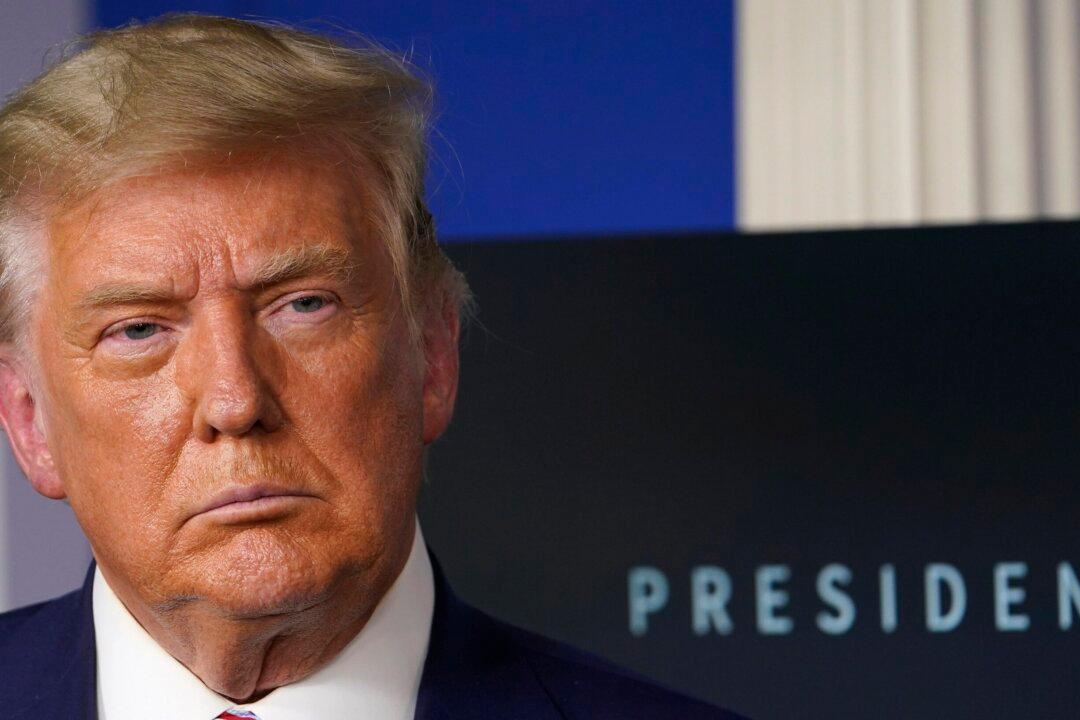President Donald Trump said that he will veto the defense bill that passed with bipartisan support in Congress last week.
“THE BIGGEST WINNER OF OUR NEW DEFENSE BILL IS CHINA!. I WILL VETO!” the president declared on Twitter on Dec. 13.


President Donald Trump said that he will veto the defense bill that passed with bipartisan support in Congress last week.